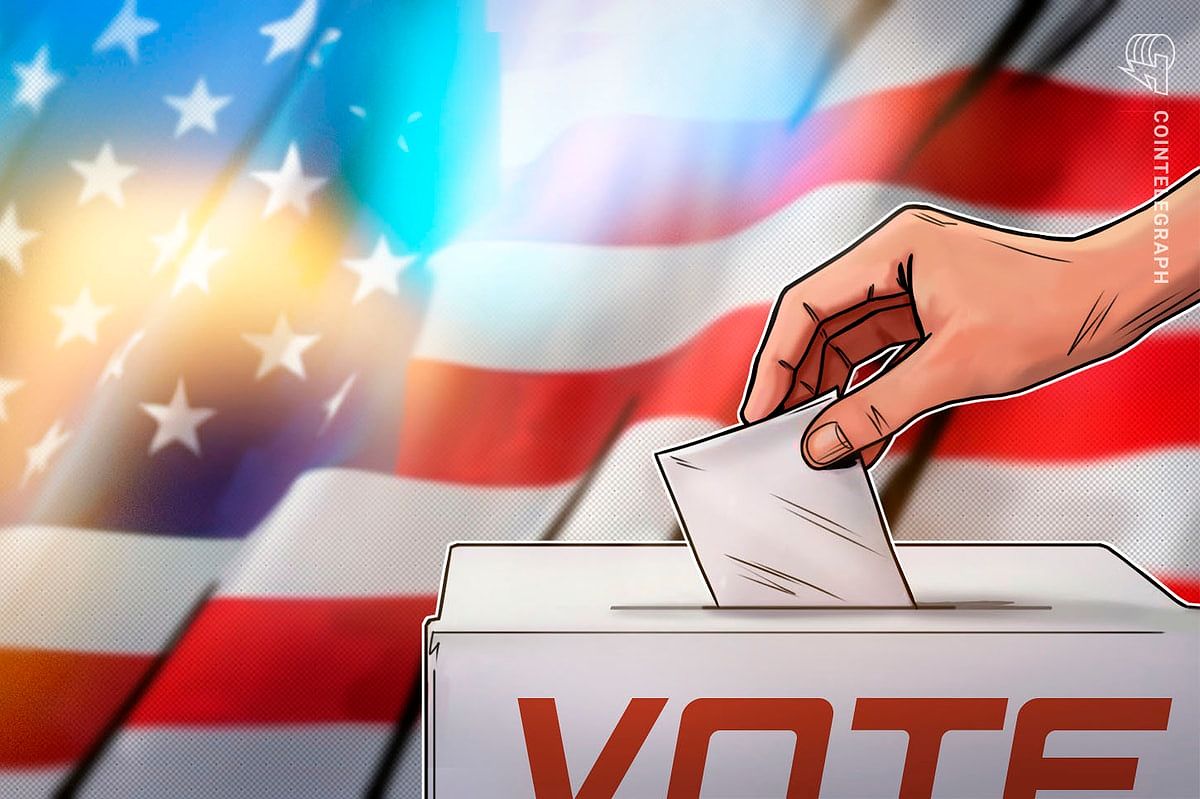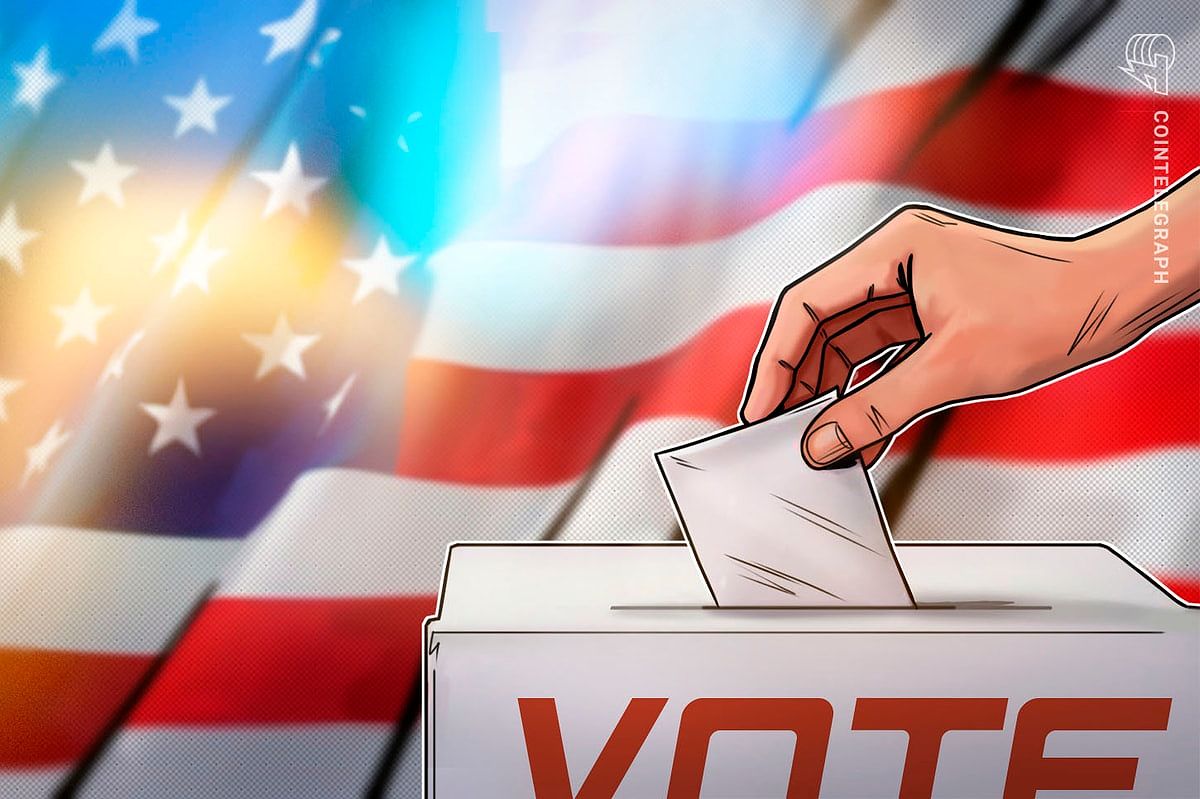Political prediction markets have emerged as intriguing platforms that can influence the course of democracy. A recent eye-opening incident—a staggering $38 million wager—has thrust these markets into the spotlight, raising vital concerns about market manipulation, regulatory oversight, and the integrity of our electoral processes. Let’s explore the implications of this monumental bet and its broader significance.
The Ripple Effect of a Giant Bet on Election Dynamics
Imagine this: a single bet of $38 million placed on a political prediction market can dramatically shift the perceived odds of a presidential election. This scenario, once theoretical, has become a reality with the actions of an individual known only as “Théo.” His substantial investment spread across various electoral outcomes, including the Electoral College and the popular vote, has not only altered the market’s odds but also created a pronounced disparity when juxtaposed with traditional polling data.
Théo has publicly stated that his motivations are purely financial and devoid of any political agenda. However, the enormity of his wager raises essential questions about the influence of such large investments on public perception and the potential ramifications for election outcomes. The stakes are high, and the interplay between profit and political implications is both fascinating and concerning.
Navigating the Regulatory Maze of Prediction Markets

The platform where Théo placed his significant bet operates outside U.S. jurisdiction, creating a regulatory grey area. This lack of oversight raises critical ethical questions about the legality and integrity of such large-scale investments. Unlike other prediction markets that adhere to stricter regulations, this platform allows users to engage with fewer checks and balances.
This situation highlights a pressing need for a well-defined regulatory framework capable of addressing the unique challenges posed by these emerging markets. As they stand, the avenues for potential manipulation remain open, and concerns about fairness loom large. Establishing clear guidelines and robust enforcement mechanisms is essential to safeguard the integrity of both financial and electoral landscapes.
Cryptocurrency: A Double-Edged Sword in Political Speculation
Théo’s use of cryptocurrency for his wager adds another layer of complexity to this scenario. While cryptocurrencies offer anonymity and quick transactions, they also amplify the risks associated with market manipulation. The potential for high returns can be alluring, but it is essential to weigh these advantages against the volatility and lack of regulatory protections that accompany such investments.
This case serves as a crucial reminder of the need for investors to fully understand the landscape they are engaging with. The intersection of digital finance and political speculation is a realm fraught with uncertainty, and the risks should not be underestimated.
Addressing Foreign Influence in Domestic Politics
The involvement of a foreign national in shaping the odds of a U.S. presidential election raises significant alarms about foreign influence in domestic political processes. While quantifying the direct impact of Théo’s actions on the election outcome is complex, the potential for financial manipulation looms large.
The opacity surrounding substantial bets in prediction markets can erode public trust in electoral integrity. To foster accountability and transparency, it is imperative to explore strategies that can mitigate the risks of foreign interference through financial channels. Ensuring the sanctity of our electoral processes requires ongoing vigilance and a commitment to transparency.
Conclusion
The unprecedented $38 million bet placed on a political prediction market shines a light on the vulnerabilities and complexities within this evolving financial landscape. It serves as a wake-up call for the urgent establishment of comprehensive regulatory frameworks and oversight mechanisms aimed at preventing market manipulation. As we navigate this intricate intersection of finance, technology, and politics, it is vital to prioritize the integrity of our democratic processes.
In conclusion, the implications of Théo’s bet extend far beyond the financial realm, prompting essential discussions about foreign influence, election integrity, and the necessity for robust regulatory structures. As we move forward, continued scrutiny and collaborative efforts will be key to safeguarding the future of political prediction markets and ensuring they serve as fair and transparent platforms for speculation.

